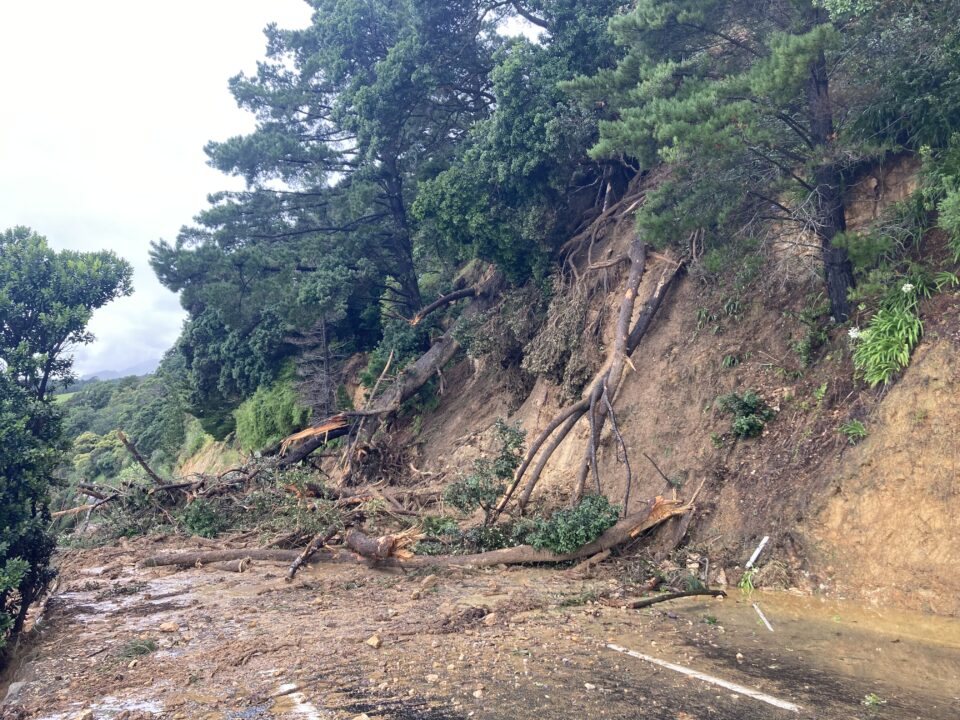Alan Pollard, Chief Executive, Civil Contractors New Zealand.
The current absence of construction project works across the country highlights a fundamental issue with how infrastructure is viewed in our country.
We hear a lot about how successive governments have failed to address our aging infrastructure and how infrastructure investment has not kept up with population growth and changing population demographics.
We also hear a lot from our communities of how successive local government councils have wasted ratepayer money on ideologically driven projects and regulation rather than focusing on the current and future needs of their communities.
Eventually this disconnect will lead to a perfect storm where addressing the sheer scale of the infrastructure gap will far outweigh our ability to address it. The ‘chickens’ of past inaction and poor decision-making across both central and local government politicians will inevitably come home to roost.
There are signs that we are near or at that point now.
Before the severe weather events early last year, the Infrastructure Commission estimated that addressing our infrastructure deficit (to replace or maintain aging infrastructure, support much needed population growth, and make our infrastructure more resilient to natural disasters) would require an investment of $210 billion over the next 30 years.
Weather events have only added to that investment requirement and highlighted the vulnerability of our infrastructure to natural events such as cyclones, earthquakes, and volcanic eruptions.
When you consider the enormity of what is needed, it is tempting to throw your hands in the air in desperation – how are we going to pay for this much needed investment.
Or, put another way, what are the consequences if we don’t invest in the assets and to the extent that the Infrastructure Commission has identified.
Without expressing any particular political persuasion, it is obvious to everyone except the previous government that under the veil of Covid, they wasted our money on non-productive spending, left the cupboard well and truly bare, and have mortgaged our next generation to the hilt.
Not a good base to start from. Now we are in the situation where the new government has hit the pause button to untangle things. For everyone’s sake, I hope we don’t pause too long.
Our population base is too small to generate the levels of tax dollars or rates needed to fund the required investment in infrastructure capital and maintenance. As we hear often, the state of our infrastructure is so bad we can’t accommodate migrants, at a time when we need targeted population growth.
Councils across the country have the same dilemma, with community populations too small to deliver levels of rates money even remotely close to what is needed to fund local infrastructure capital and maintenance works. Rates increases of 15 percent, 20 pecent, or 25 percrenty, year on year are not sustainable and risk placing larger parts of our communities (for example retirees who own a property), at economic and social risk.
Without more investment in the infrastructure that improves quality of life and economic efficiency, my fear is that this country is heading for third world status unless something dramatic happens. We have little time to address this situation – every day we keep our heads in the sand just exacerbates the situation.
Infrastructure needs to be viewed as an intergenerational asset. That means that the approach to infrastructure needs to be agreed across the political divide – a utopian wish, I accept. The Infrastructure Commission looked out 30 years, but local government only plans in a 10-year cycle with annual reviews, while electoral cycles are only three years.
The gap between the political left and right is growing, with ideology getting in the way of progress, taking precedence over fundamental human rights. The direction and priority of infrastructure changes every time a new government is elected, leaving communities and contractors frustrated, and the country moving backwards.
We need to put partisan politics aside. A bold paradigm shift is needed. The forgotten piece of the puzzle is our communities.
At the end of ideological debates, pet projects, or poor (or no) decision-making, are communities who simply want and deserve the fundamental basics of life, the things that ensure the health, wealth, and well-being of our communities. The things that ensure our communities function well and contribute to our nation being globally competitive as a country to live in or to trade with.
These basic fundamentals include safe and clean water to drink or swim in; roads that connect communities and goods domestically and to the world; communications networks that reliably allow us to connect with each other and with the rest of the world; electricity networks that allow us to function as a modern society; and much more. And, of course, all need to be delivered in an environmentally enduring, sustainable way.
This may seem to be a huge ask, and it is. But why shouldn’t it be – this is nothing more than what our communities should expect our central and local government politicians to deliver, and which they have consistently failed to do. Which has led to where we are today.
We need to be bold; the time is now. If we don’t address things now with urgency and the perspective of those who will do the hands-on construction of the work we have ahead, I fear for what kind of future my children and grandchildren will have.


Parting words from Jeremy Sole- a final column